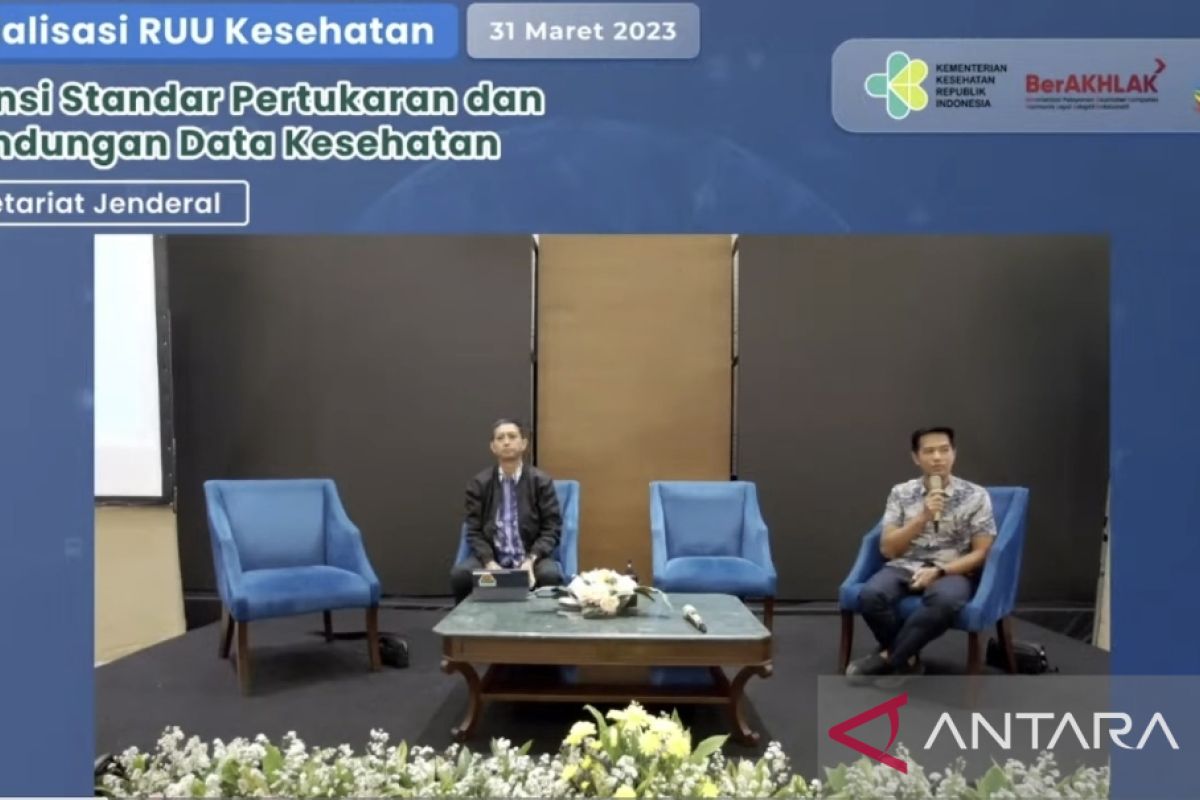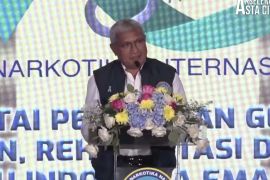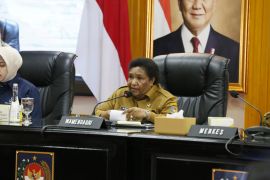"Health information system needs to be regulated in Draft Bill on Health. In previous laws, it was regulated indeed, but it has yet to specifically address integration, standardization," an expert staff on technology at the ministry, Setiaji, said during the socialization of the draft bill here on Friday.
In the period from 2014 to 2021, the number of visits to all medical facilities increased by 152 percent, equivalent to 233.1 million people, he noted. Thus, digital data management is necessary to maintain the efficiency of medical services, he said.
Moreover, manual management of patients' medical records takes up Rp2 billion (US$133,524) annually, just for meeting the need for paper by Type C hospitals. Setiaji said that the amount does not include other costs.
According to him, public health centers and hospitals need to input medical data on up to 60 to 70 information systems each day.
"Current medical services management at medical facilities is inefficient. Unintegrated, inaccurate personal health data with low interoperability caused by inefficient medical administration," he elaborated.
People cannot easily monitor their medical records because they are spread all across the medical facilities they have visited, he added.
He opined that the health system transformation outlined in the draft bill will promote the use of technology and medical information system to create more efficient medical services.
The government is also seeking to simplify, integrate, and lay down a standard for information systems so that medical personnel can focus on providing the best treatment, he added.
“We are focusing on creating collaboration among researchers and industries to create innovation in the medical field, use of biotechnology, as well as innovation in medical technology," he said.
He elaborated the sources of information for the medical system, as stipulated by the draft bill, which include medical facilities, government, Social Security (BPJS), health institutions, as well as self-reports.
As for the system itself, it will be managed by central and regional government, medical facilities, and the people, he said.
The ministry has also listened to inputs and suggestions from people regarding personal data protection, Setiaji added.
Related news: Health Bill proposes forming National Health Quarantine Agency
Related news: Health Draft Bill outlines hospital-based medical education: Ministry
Translator: Andi Firdaus, Mecca Yumna
Editor: Rahmad Nasution
Copyright © ANTARA 2023












